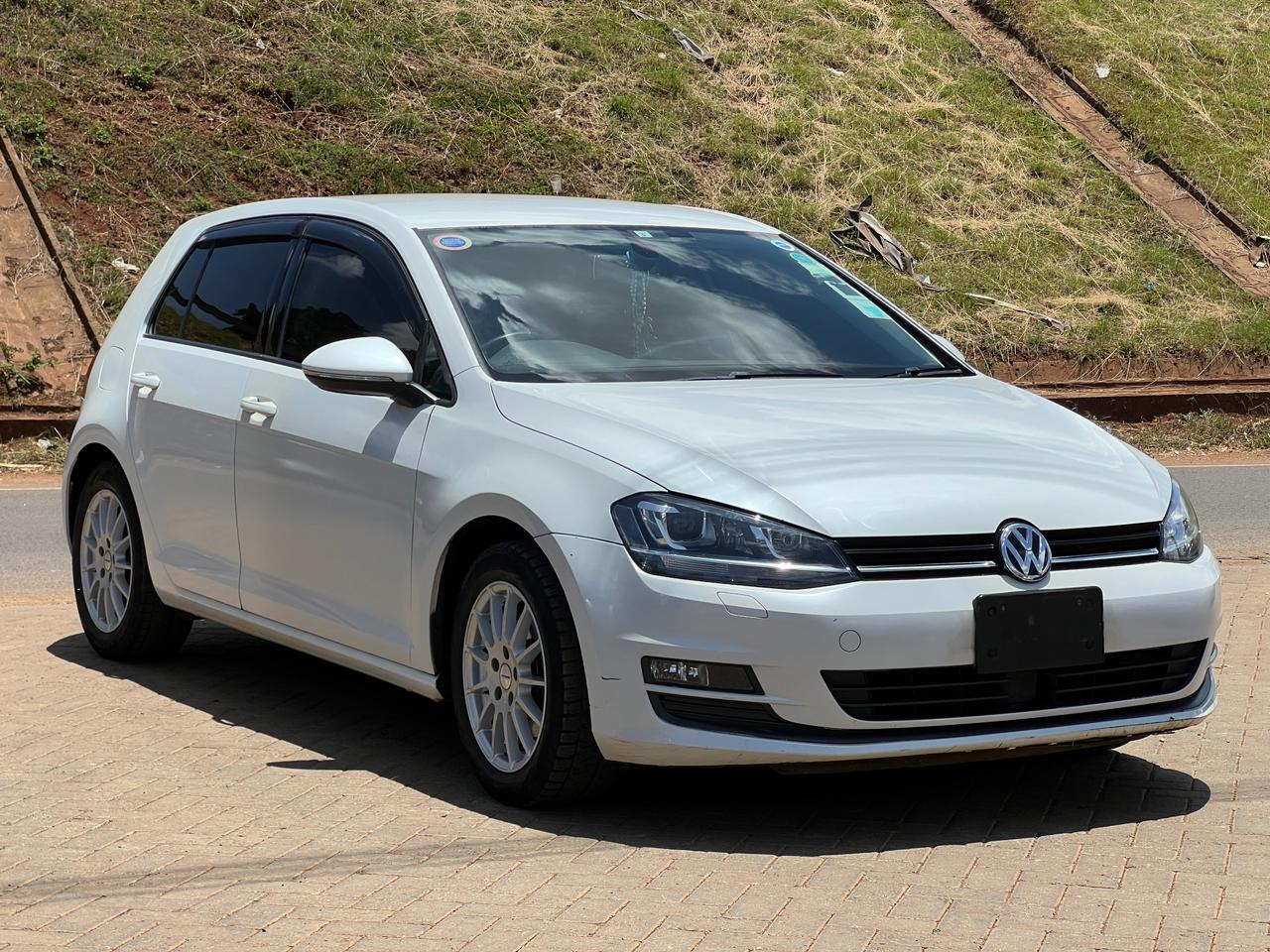Car Importing in Kenya: How to Save Money and Avoid Scams
Car Importing in Kenya 2025: How to Save Money & Avoid Scams
Importing a vehicle into Kenya can save you money—but getting it wrong costs more. This step-by-step guide covers 2025 duties, trusted agents, inspection tips, and money-saving tricks.
Why Import a Car? Pros and What You Gain
Imported used cars from Japan or UAE often cost 30–60% less than local used options, feature newer registrations, and have fewer accident histories. Plus, you can pick models not commonly available in Kenya’s dealerships.

Image: Shipping container vessel – car imports (Wikimedia Commons).
How the Import Process Works — Step by Step
1. Source & inspect overseas — Use platforms like Copart Japan or Tradecarview. Always request export certificates and accident history.
2. Arrange shipping — Roll-on/roll-off (Ro-Ro) is cheapest (~$900–$1,200). Container shipping is safer for luxury cars (~$1,800–$2,200).
3. Pay import duty in Kenya — Duty rates vary: e.g. petrol sedan is 25%, station wagons 20%, hybrids 10%, EVs 0%. Use the Kenya Revenue Authority (KRA) duty calculator for accuracy.

Image: KRA logo—use the official duty calculator on their website.
4. Customs clearance & inspection — Submit original documents at Mombasa or Nairobi customs. Agents handle this for KSh 25,000–35,000. Physical inspections (PPZ, EK) take ~1–3 days.
5. Registration — After customs, register with NTSA, do inspection at Moja Auto Centre, and get logbook & number plates.
Top Pitfalls & How to Avoid Them
- **Scam listing photos** — Always request a video and the car’s VIN. Confirm mileage matches auction record.
- **Hidden duty costs** — Use KRA’s duty calculator; agents may quote landed cost excluding port handling or warehousing.
- **Unlicensed agents** — Only use Customs brokers certified by Kenya Accountants and Secretaries National Examinations Board (KASNEB).
- **Battery fraud** — Especially for hybrids: ensure battery report from an authorized battery tester.
Import Cost Breakdown — Example
Let’s break down the full landed cost for a 2019 Toyota Corolla (1.6L Petrol) purchased in Japan for $10,000:

Image: Toyota Corolla model (representative vehicle).
- Car cost: $10,000 (≈KSh 1,450,000)
- Shipping (Ro-Ro): $1,000 (≈KSh 145,000)
- Import duty (25%): KSh 361,250
- Excise duty (20%): KSh 289,000
- VAT (16% on CIF + duty + excise): ~KSh 323,200
- Clearing agent: KSh 30,000
- Total landed cost: ~KSh 2,598,000
- Compare that to a similar local used Corolla (~KSh 2.8M–3.2M), you’re saving ~KSh 200K–400K
How Code & Clutch Simplifies Importing for You
We manage everything: sourcing verified cars, arranging shipping, handling KRA calculations, customs paperwork, inspections, and registration. We even offer video walkthroughs and pre-inspection checks in Japan/UAE.
Get Import AssistancePre-Import Checklist — Don’t Miss These
- Obtain the VIN and confirm auction/stock details.
- Ask for photos of the odometer, panel gaps, tires, and engine bay.
- Verify shipping method (Ro-Ro vs Container) based on vehicle value.
- Use KRA's official duty calculator and ask the agent for breakdown.
- Request pre-shipment inspection — report sent before shipping.
- Ensure your broker is licensed and gives you official documents.
Final Advice — Save Smart, Import Safe
Importing pays off when done right: you get newer cars at better prices, but due diligence is vital. Use trusted agents, insist on photos and VINs, calculate duties yourself, inspect early, and stay within legal processes.
A properly sourced hybrid or mid-range sedan can cost ~KSh 2.6M landed — giving you a solid 200K–500K saving vs. local alternatives, plus cleaner history and newer registration.





Comments
Post a Comment